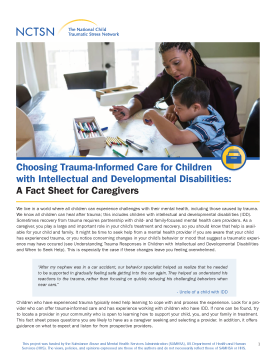
Choosing Trauma-Informed Care for Children with Intellectual and Developmental Disabilities: A... [1]
Provides information for caregivers on choosing trauma-informed care for children with IDD.
The following resources on Intellectual and Developmental Disabilties were developed by the NCTSN.

Provides information for caregivers on choosing trauma-informed care for children with IDD.
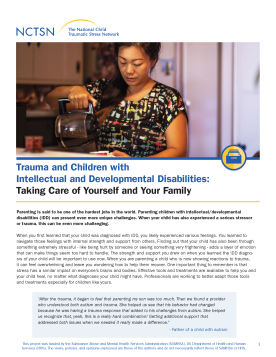
Offers guidance on the importance of taking care of oneself while parenting children with IDD.
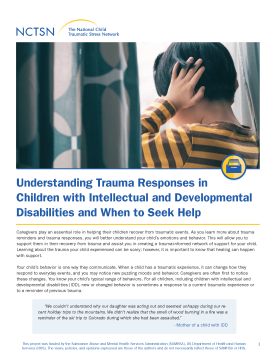
Outlines what responses to trauma could look like in children with IDD.
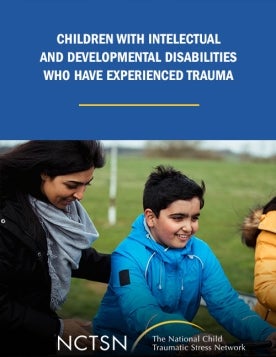
Introduces the FOCUS Family Resiliency Program, a brief evidence-based intervention that is among the most widely disseminated family-based programs for military populations, and will discuss general issues in adapting it...
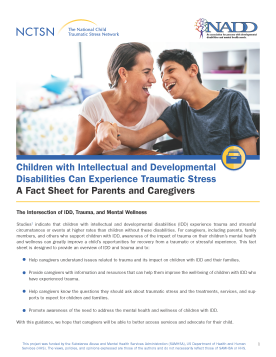
Offers parents and caregivers information about how children with intellectual and developmental disabilities (IDD) experience traumatic stress.
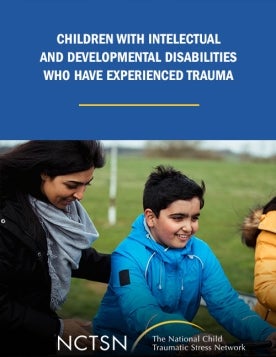
Presents a formal model based on a “matrix” of TF-CBT steps and will also provide recommendations for treatment structure, process, and supplemental resources from the IDD/autism literature.
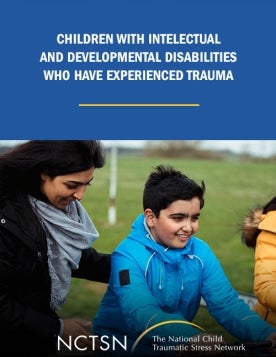
Provides clinicians with the foundational knowledge to adapt their practices and provide trauma-informed care to children with IDD.
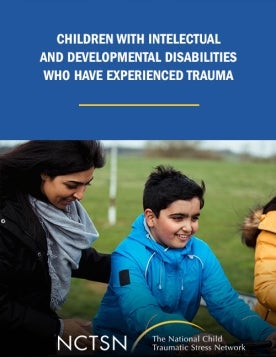
Addresses basic issues in trauma-informed care for children with IDD.

Provides information on the impact that trauma may have on youth with intellectual and developmental disabilities (IDD).
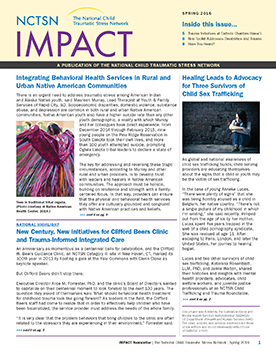
Describes integrating behavioral health services in rural and urban Native American communities, outlines the story of healing for three survivors of child sex trafficking, and other highlights.
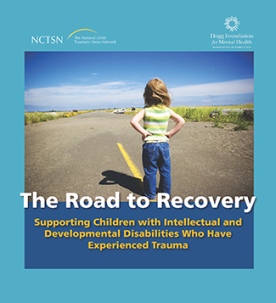
Provides an overview for providers on how to work with children and families who are living with intellectual and development disabilities (IDD) and have experienced trauma.
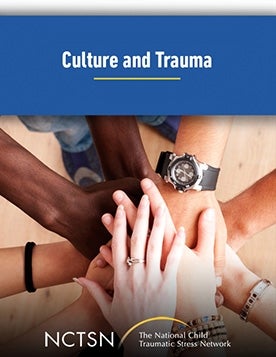
Discusses the special challenges of treating deaf and hard of hearing children, and the hearing children of deaf parents, who have been traumatized.
Links
[1] https://www.nctsn.org/resources/choosing-trauma-informed-care-for-children-with-intellectual-and-developmental-disabilities-for-caregivers
[2] https://www.nctsn.org/resources/trauma-and-children-with-intellectual-and-developmental-disabilities-taking-care-of-yourself-and-your-family
[3] https://www.nctsn.org/resources/understanding-trauma-responses-in-children-with-intellectual-and-developmental-disabilities-and-when-to-seek-help
[4] https://www.nctsn.org/resources/building-resilience-in-families-contending-with-intellectual-and-developmental-disabilities
[5] https://www.nctsn.org/resources/children-with-intellectual-and-developmental-disabilities-can-experience-traumatic-stress-for-parents-and-caregivers
[6] https://www.nctsn.org/resources/tailoring-trauma-focused-cognitive-behavior-therapy-for-children-with-IDD
[7] https://www.nctsn.org/resources/children-with-intellectual-and-developmental-disabilities-who-have-experienced-trauma
[8] https://www.nctsn.org/resources/understanding-and-addressing-the-needs-of-a-vulnerable-population
[9] https://www.nctsn.org/resources/the-impact-of-trauma-on-youth-with-intellectual-and-developmental-disabilities-a-fact-sheet-for-providers
[10] https://www.nctsn.org/resources/nctsn-impact-newsletter-spring-2016
[11] https://www.nctsn.org/resources/road-recovery-supporting-children-intellectual-and-developmental-disabilities-who-have
[12] https://www.nctsn.org/resources/addressing-trauma-treatment-needs-children-who-are-deaf-or-hard-hearing-and-hearing-0
[13] https://www.nctsn.org/print/863?page=1